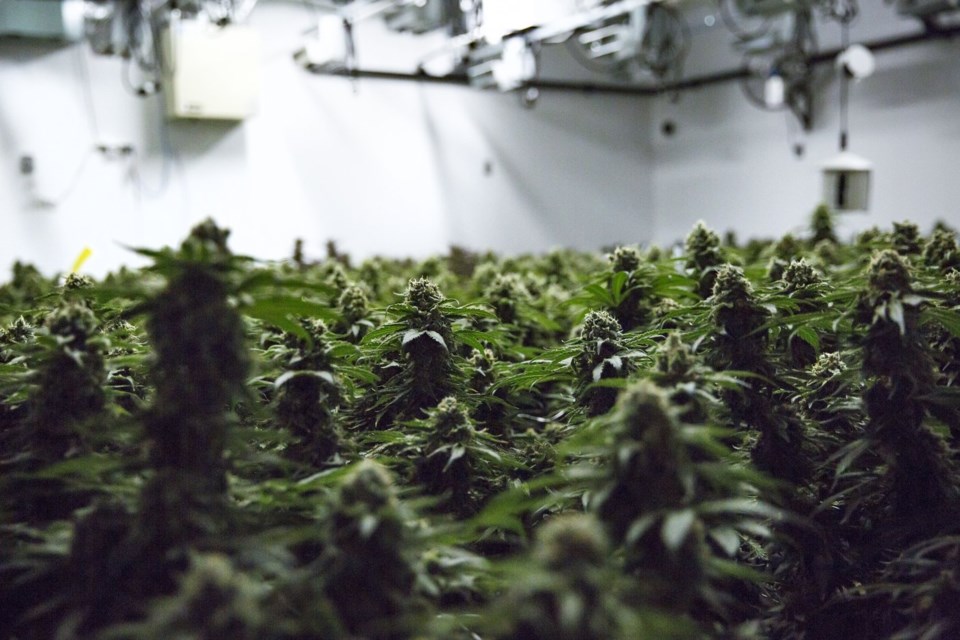HALIFAX — A Nova Scotia judge has rejected arguments from four defendants claiming they have treaty and aboriginal rights to sell cannabis at dispensaries on Indigenous land north of Halifax.
In a ruling released Thursday, provincial court Judge Ronda Van der Hoek said she agreed with the Crown’s argument that two expert reports provided by the defendants failed to support their claims. As a result, the defendants no longer have the option of arguing for exemptions from the law under the Constitution.
"I grant the (Crown's) application to summarily dismiss the constitutional issues, based on the information before me at this time," the decision says, adding that the application for constitutional arguments was "manifestly frivolous."
In Nova Scotia, sales of cannabis must be conducted from Nova Scotia Liquor Commission outlets, and all cannabis products are subject to provincial and federal duties.
The four were charged under the federal Cannabis Act with illegally possessing cannabis for the purpose of selling and distributing it, and distributing cannabis they knew was illicit. They were also charged with failing to pay federal duties on their products.
Two of the defendants argued that as the operators of an Indigenous business on the Millbrook Frist Nation, they are exempt from federal laws governing the sale of cannabis and are entitled to operate a parallel system based on their status as band members.
In her decision, the judge says the Supreme Court of Canada has confirmed that two Mi’kmaq treaties signed in the 1700s granted the aboriginal right to trade, but the top court said that right is limited to items traditionally harvested as part of their hunting, fishing and gathering activities.
"The relevant time period … is prior to European contact," the judge said. "The claimant must demonstrate that a practice, custom or tradition was integral to the Indigenous community’s distinctive existence and relationship to the land in the period before European contact."
The Crown argued there is a lack of evidence that the historic Mi’kmaq community ever used the psychoactive cannabis plant, let alone traded in it.
Van der Hoek determined the expert reports provided no evidence that cannabis was used or traded by the Mi'kmaq before European contact, and she found there was no mention of the cannabis plant being used, other than as hemp.
"The respondents have provided no argument whatsoever to support a modern interpretation of such trading evolving to include the sale of cannabis and the avoidance of duties pursuant to the (federal) Excise Act," the decision says.
The defendants had also argued the federal government failed to consult the Mi'kmaq before passage of the Cannabis Act, but the judge said Ottawa's "duty to consult" Indigenous Peoples does not extend to the enactment of legislation that criminalizes their conduct.
"They are unable to advance the duty to consult argument based on the exercise of legislative authority alone," the judge said.
Van der Hoek said her decision was not taken lightly.
"It cannot be understated that decisions affirming and defining … aboriginal and treaty rights are significant for the communities who advance them and Nova Scotians," she wrote.
"The court is aware that we are all treaty people, but how the treaties are interpreted must be based on a foundation that warrants consideration. At this time, that foundation has not been established for cannabis sales outside the lawful regime, and the existing regime applies to all Nova Scotians."
This report by The Canadian Press was first published June 14, 2024.
Michael MacDonald, The Canadian Press




